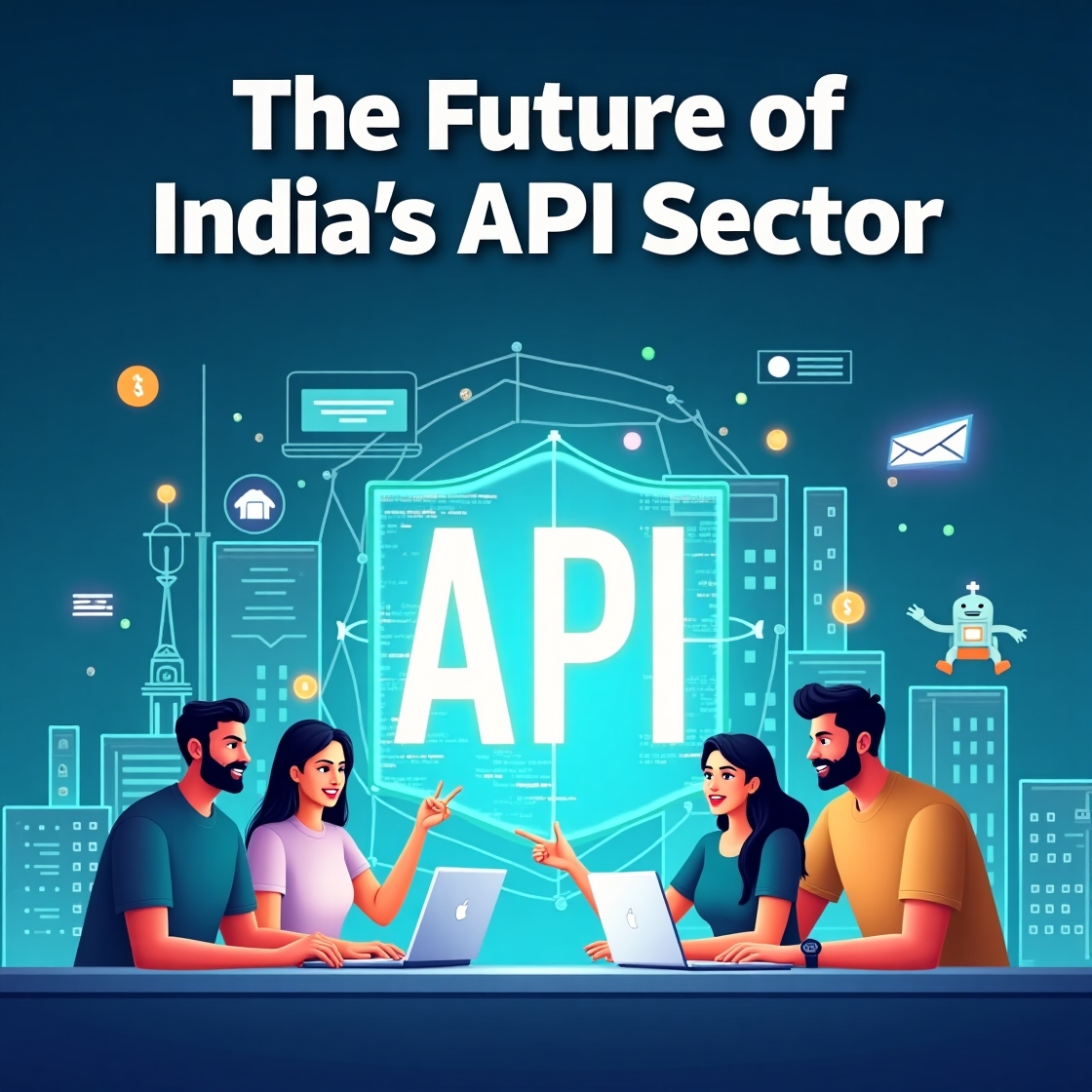
The Future of India’s API Sector: Navigating Global Supply Chains and Regulatory Shifts
Did you know that India supplies about 20% of the world’s generic medicines? That’s huge! But this important role faces real threats. Supply chain problems and changing rules could shake things up. This article looks at how India can protect its spot as a top API (Active Pharmaceutical Ingredient) supplier. We’ll explore how being creative, independent, and smart with policies can help.
The Rise of India as a Global API Hub
India has become a big deal in the API world. Let’s see how it got there.
Historical Overview of API Manufacturing in India
A long time ago, India depended on other countries for APIs. Then, things changed! The country started making its own. Important events and smart government plans helped India grow into a major exporter of APIs. This journey is a great example of progress.
India’s Competitive Advantages: Cost, Scale, and Expertise
Why is India so good at making APIs? Well, it’s cheaper to make them there. Plus, India can make a lot of APIs at once. The country also has many smart and trained workers. All this gives India an edge.
Market Share and Export Trends: Key Statistics
India holds a notable share of the global API market. The nation exports APIs to many places. These exports are growing fast. Experts think they’ll keep growing. This shows India’s strength in the API sector.
Decoding the Complexities of Global API Supply Chains
API supply chains are not always easy. They involve many steps and can be fragile.
Mapping the API Supply Chain: From Raw Materials to Finished Products
Making APIs involves a long chain. It starts with getting raw materials. Next, these materials go through manufacturing. Then, the APIs are distributed and made into medicines. Problems can pop up anywhere along the way. It is important to find and fix them.
Geopolitical Influences and Trade Dynamics Impacting API Sourcing
Politics and trade have a big impact on where APIs come from. Things like disagreements between countries and trade deals can change who supplies APIs. These things affect how companies get their ingredients.
Case Studies: Supply Chain Disruptions and Their Consequences
Sometimes, things go wrong in the supply chain. For example, a natural disaster or a trade problem can stop APIs from being made or shipped. This can lead to less medicine being available and higher prices. Learning from these events can help us prepare for the future.
Navigating Evolving Regulatory Landscape for APIs
The rules for making APIs are always changing. It’s important to keep up.
Overview of Key Regulatory Bodies and Standards (USFDA, EMA, CDSCO)
Agencies such as the USFDA, EMA, and CDSCO make the rules for APIs. These groups set quality standards. They also make sure companies follow the rules. Knowing these groups is important for API makers.
Impact of Stringent Quality Control Measures and GMP Compliance
These days, quality is a big deal. API makers must follow Good Manufacturing Practices (GMP). They also need to protect their data. This can be hard but it also helps companies make better APIs.
Harmonization Efforts and International Collaboration in API Regulation
Groups around the world are trying to make API rules more similar. This helps companies that sell APIs in different countries. It also makes sure APIs are safe and effective everywhere.
Strategies for Strengthening India’s API Sector
How can India make its API sector even better? Here are some ideas.
Investing in R&D and Innovation: Focus on Novel APIs and Technologies
It’s vital to invest in research. This can help India discover new APIs. It can also lead to better ways of making them. This will help India depend less on other countries.
Promoting Domestic Manufacturing of Key Starting Materials (KSMs)
India should make more of its own KSMs. These are important ingredients for APIs. If India makes them itself, it won’t have to rely on other countries.
Incentivizing Green Manufacturing Practices and Sustainable API Production
Making APIs should be sustainable. This means reducing waste and using less energy. The government can offer rewards to companies that do this. This helps protect the environment.
The Road Ahead: Challenges and Opportunities
India’s API sector faces some challenges. But there are also many chances to grow.
Overcoming Infrastructure Bottlenecks and Logistical Challenges
Sometimes, it’s hard to move APIs around India. Roads and warehouses might not be good enough. Investing in these things can help. This will make it easier to get APIs where they need to go.
Fostering Collaboration Between Industry, Academia, and Government
The industry, schools, and the government should work together. This can lead to new ideas and better training for workers. It can also help solve problems with rules and regulations.
Seizing Opportunities in Emerging Markets and Niche API Segments
There are new chances to sell APIs in growing countries. Also, some special types of APIs are becoming more popular. India can take advantage of these opportunities.
Conclusion
India’s API sector is important to the world. It faces problems like supply chain issues and changing rules. But, by being creative, independent, and working together, India can stay on top. The nation can become even stronger and more reliable. This will help make sure people everywhere have the medicines they need.
